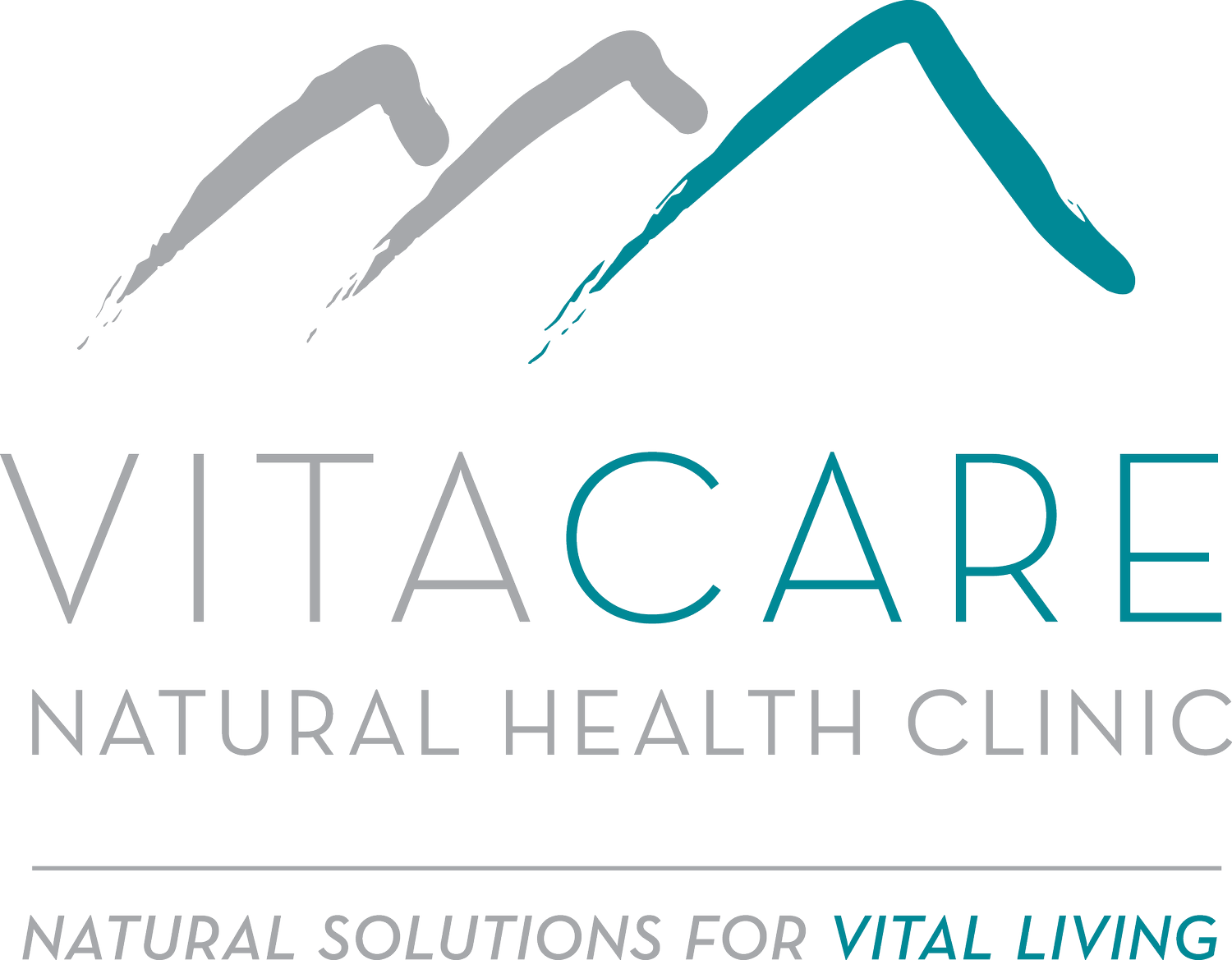Recovering from Sugar Addiction
Did you know that being “addicted” to/sensitive to sugar can be the root of multiple health conditions including
- Weight gain
- Brain fog
- Lightheadedness
- Anxiety, Depression
- Irritability, “Hangry” Sensations
- Sleep disturbances
- Fatigue
- Hormone imbalances (thyroid, insulin, progesterone, cortisol)
Getting your sugar addiction in check can help address 3 key imbalances:
· Carbohydrate Sensitivity: by regulating eating patterns and avoiding foods that convert to sugar quickly (high glycemic index foods)
· Low Serotonin: by including protein and healthy carbohydrates at each meal to optimize tryptophan uptake in the brain (Serotonin is derived from the amino acid Tryptophan)
· Low (Beta) Endorphin: by avoid patterns and foods that stimulate excessive beta-endorphin release (which leave you feeling even more depleted)
Simple Steps you can take in recovering from your sugar addiction:
· Try these steps, IN ORDER, only moving on to the next step once the previous is mastered. The purpose of these steps is to address the imbalances in the body and to better understand your relationship with sweets.
· Once you grasp the role sugar plays in your life, it will become easier to moderate. Increased awareness, along with a healthy, optimally functioning body compensates for any predisposed weaknesses, making it less likely to succumb to sugar cravings and the addictive cycle that inevitably ensues.
1) Eat breakfast with protein: avoids beta-endorphin release that occurs when you skip breakfast, and also prevents the subsequent blood sugar crash and intense carb/sugar craving later on
2) Journal what you eat and how you feel before/after: this has 2 purposes: 1) it can help you understand motivations to eating (feelings, habits, etc…). 2) it can help to realize how you feel during & after eating particular foods (hyperactivity, fatigue, depression, etc…)
3) Eat 3 healthy meals per day with protein and a serving of healthy fat: providing regular protein helps stabilize blood sugar levels and increase tryptophan levels in the body. Healthy fat helps improve satiety and keeps you full longer.
4) Shift from white foods (bread, rice, pasta) to brown/whole grain foods: supports blood sugar stability and
5) Slowly reduce/eliminate sugars: to help balance blood sugar and prevent the hyper-hypoglycemia cycle that stimulates increase unnecessary snacking, binge eating, and can lead to metabolic syndrome, diabetes and numerous other health conditions
6) Create a new life: long-term management for new habits & patterns. This doesn’t mean you can’t ever have treats, but you will gain a better understanding of how your body and brain respond, allowing you to be in control, not the sugar.
If you need support with this process or other help with managing your blood sugar/food addictions or eating habits, don’t hesitate to call the clinic to book your appointent with one of our Naturopathic Physicians. We are highly skilled in nutrition, dietary modification, helping manage blood sugar imbalance and prevent/manage metabolic syndrome/diabetes and weight loss strategies and would love to help you!
In health,
Dr Katarine Holewa, ND RAc



